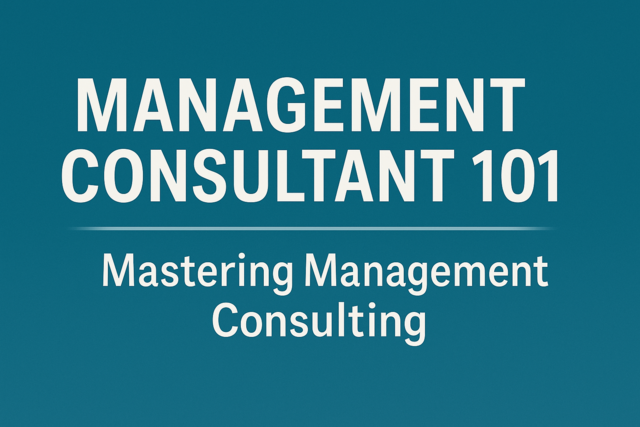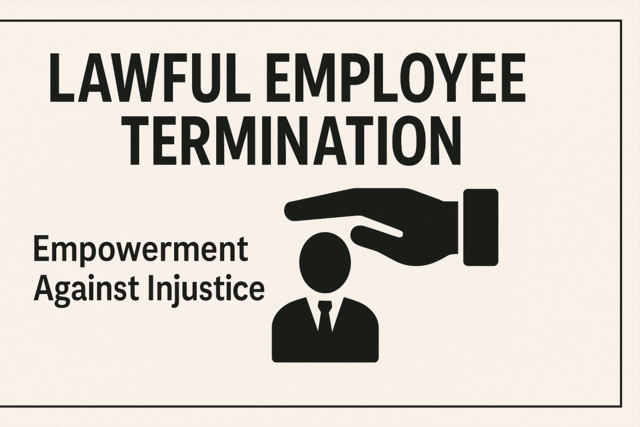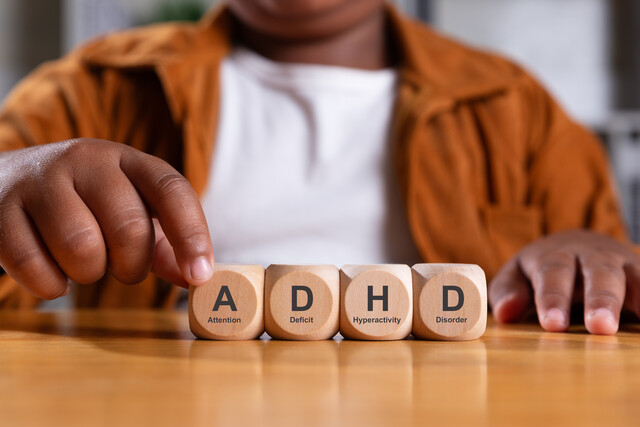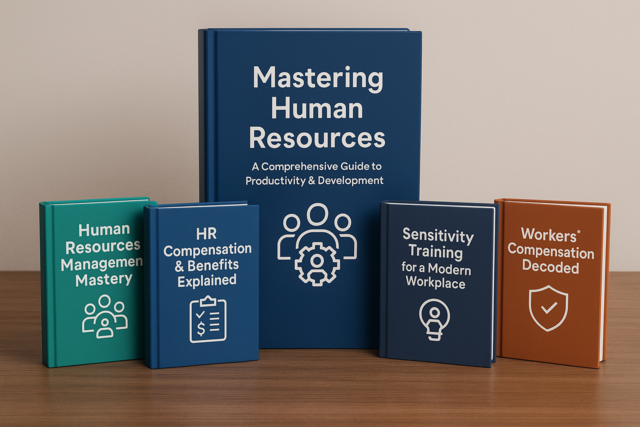Introduction to Child Psychology
Nurturing Understanding, Cultivating Future Minds

7 Hours average completion time
0.7 CEUs
11 Lessons
11 Exams & Assignments
249 Discussions
11 Videos
11 Reference Files
111 Articles
Mobile Friendly
Last Updated January 2026
Imagine being able to truly understand the way children think, feel, and perceive the world around them. Picture knowing how to approach a child who's struggling with emotions or why a toddler asks "why" a hundred times a day. That's the power of child psychology--a field that opens a window into the inner workings of a developing mind. This course isn't just an academic exercise; it's a journey that will transform the way you engage with children, whether you're a parent, teacher, aspiring psychologist, or simply someone fascinated by the mysteries of child development.
From the moment you begin, you'll be guided through the intricate world of childhood, starting with how the very concept of childhood has changed through history. Understanding this shift isn't just a look at the past--it's key to recognizing how today's societal norms influence how we raise, teach, and interact with children. What we often take for granted in modern childhood, like structured education or the importance of play, wasn't always considered essential. Gaining this perspective allows you to approach child development with fresh eyes, seeing both its universality and its cultural context.
As you delve deeper, you'll explore the biological and neurological foundations of development--how genetics and early brain development influence everything from emotions to social interactions. Knowing the science behind a child's growth equips you with the ability to recognize what is a normal part of development and what might signal the need for further attention or support. For instance, understanding how a child's brain processes emotions differently from an adult's can help you respond more empathetically when they experience big feelings, like the grief over losing a pet or the frustration of not being understood.
The heart of the course reveals the major theories that have shaped our understanding of child psychology. You'll travel through Piaget's stages of cognitive development, where a child's perception of reality changes dramatically as they grow. You'll learn why a preschooler might think the moon follows them or why a teenager seems to test boundaries at every turn. Piaget's work offers a roadmap for understanding how children think differently from adults, and once you see the world through their eyes, your approach to them will never be the same.
You'll also encounter Vygotsky's idea that social interaction is crucial for learning, emphasizing the powerful role that family, peers, and culture play in shaping a child's mind. Through this lens, everyday conversations, playdates, and group activities become opportunities for immense learning, not just fun. And Erikson's stages of psychosocial development will show you how trust, autonomy, and identity form the emotional backbone of a child's growth. These theories aren't just academic--they're tools you'll carry into every interaction, helping you nurture trust and foster independence in the children around you.
Language development is one of the most captivating parts of child psychology. Watching a child learn to speak--first in sounds, then in words, and eventually in full conversations--gives us insight into how deeply intertwined language is with thought. As you explore how children acquire language, you'll understand why a toddler might say "I goed to the park" and how this represents a complex grasp of grammar, not a mistake. With this knowledge, you'll be able to support children's language growth, recognizing that every question, story, or new word brings them closer to understanding the world and their place in it.
Of course, one of the most enduring debates in psychology is the balance between nature and nurture. Is a child's development primarily driven by genetics, or is it shaped by the environment they grow up in? You'll dive into this discussion, enriched with modern research, to explore how these forces interact to create the individual. Whether it's a child's temperament, academic abilities, or emotional resilience, you'll gain a balanced view of how biology and environment combine to mold the person they become.
Family dynamics also play a crucial role in shaping a child's psychology. Whether it's the bonds between siblings, the influence of parenting styles, or the impact of family changes like divorce, you'll uncover how these relationships affect a child's emotional and social development. You'll learn how children internalize the stability, or lack thereof, in their home environment, and how parents can foster resilience and confidence through everyday interactions. This understanding gives you the tools to not only support children during times of change but also to strengthen family bonds that nurture healthy development.
By the time you reach the end of the course, the focus turns to practical applications. You'll learn how psychologists assess children through behavioral inventories, intelligence tests, and emotional evaluations. This knowledge helps in identifying challenges early, ensuring children receive the support they need to thrive. Whether you're an educator looking to support students with learning differences or a parent seeking insight into your child's unique needs, these tools offer practical strategies for helping children reach their full potential.
This course is designed for anyone passionate about understanding children on a deeper level. You don't need prior knowledge--just a desire to learn how to engage with children in a way that resonates with their developmental stage. Whether you want to be a better parent, a more empathetic teacher, or a professional working with children, this course will arm you with knowledge and strategies to make a lasting impact.
- Evaluating nature versus nurture impacts
- Applying psychological theories to real-life situations
- Understanding child development stages
- Recognizing emotional and social developmental milestones
- Identifying influences of family dynamics on children
- Enhancing empathy in engaging with children
- Assessing child behavior and intelligence proficiently
- Supporting effective language acquisition
- Developing cultural sensitivity in child interactions
- Facilitating cognitive growth through play
-

Flower Essences
-

Goal Setting for Business
-

Workplace Safety
-

ABCs of Algebra
-

Conflict Resolution
-

Etiquette Consultant
-

Introduction to Organizational Psychology
-

The Art of Setting Goals
-

Management Consultant 101
-

Interpersonal Communication
-

Relaxation 101
-

Generational Diversity in the Workplace
-

Learning Disabilities
-

Kaizen 101 - An Introduction
-

Stress Management
-

The Art of Breathing
-

Introduction to Abnormal Psychology
-

Lawful Employee Termination
-

Attention Deficit Disorders: ADD and ADHD
-

Team Building 101
-

Physics 101: Beginner to Intermediate Concepts
-

Building Self-Esteem in Children
-

Decision Making Skills
-

Unit Studies 101
-

Human Resources Productivity Course Bundle
